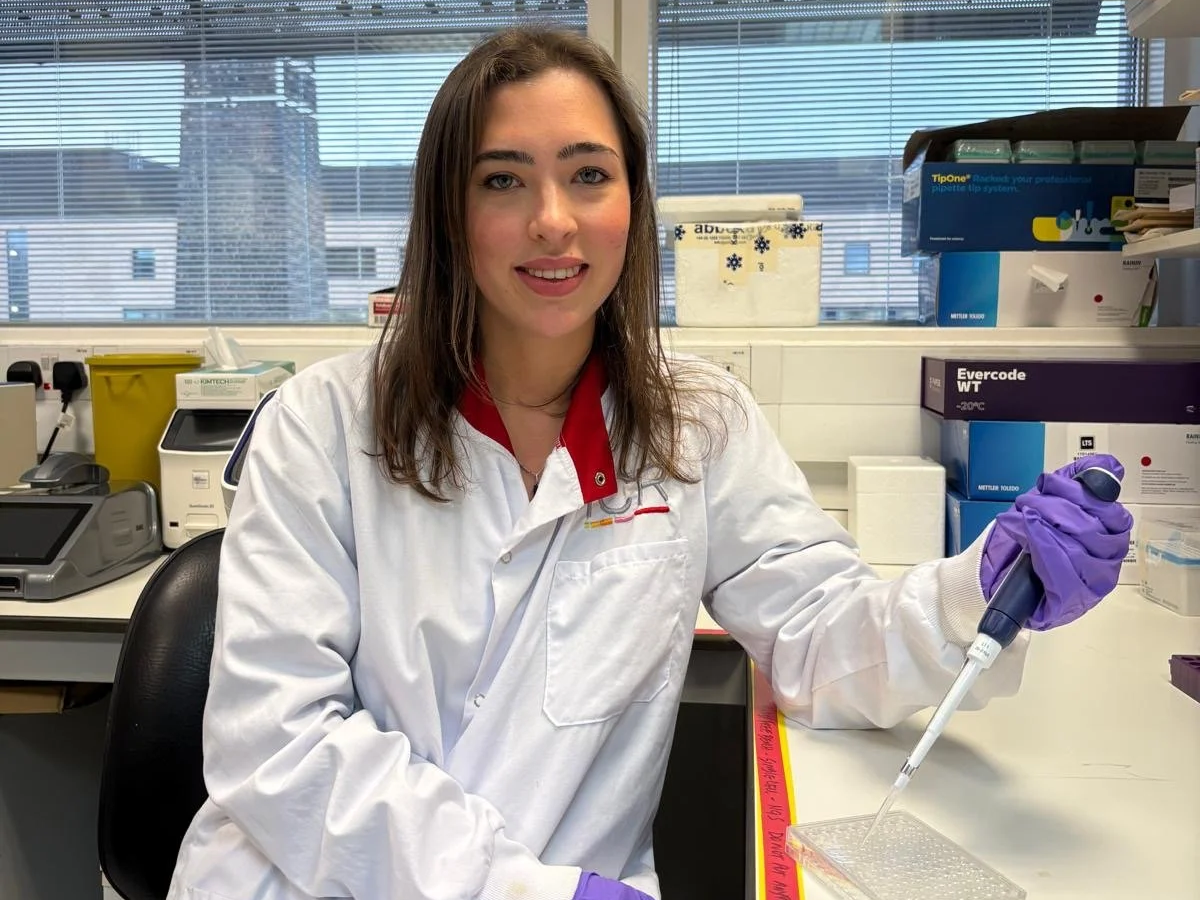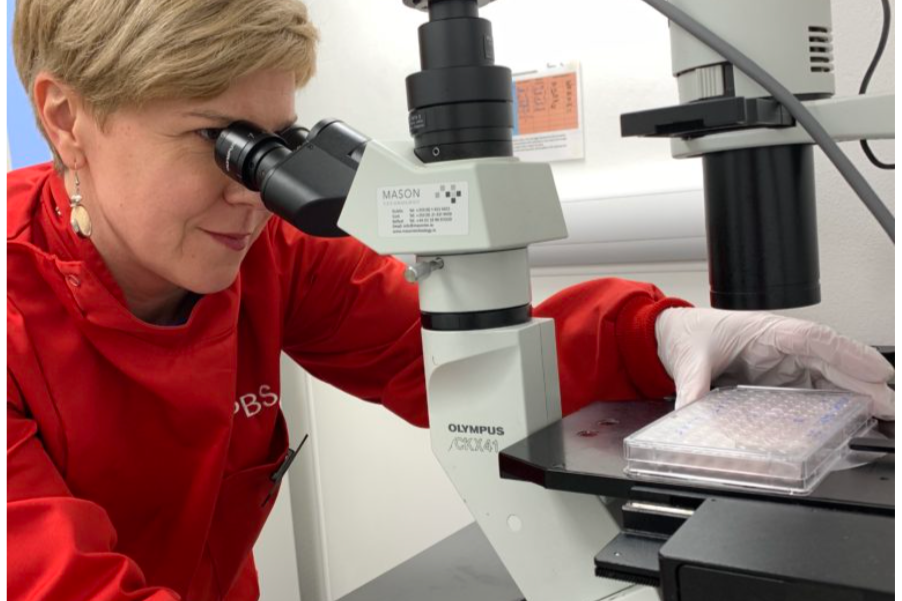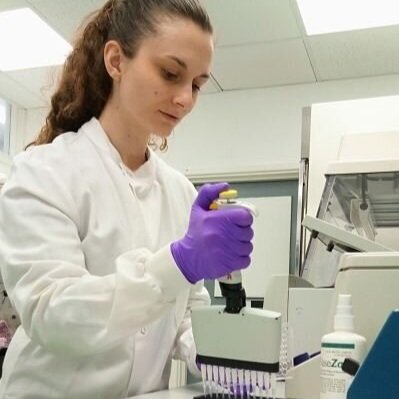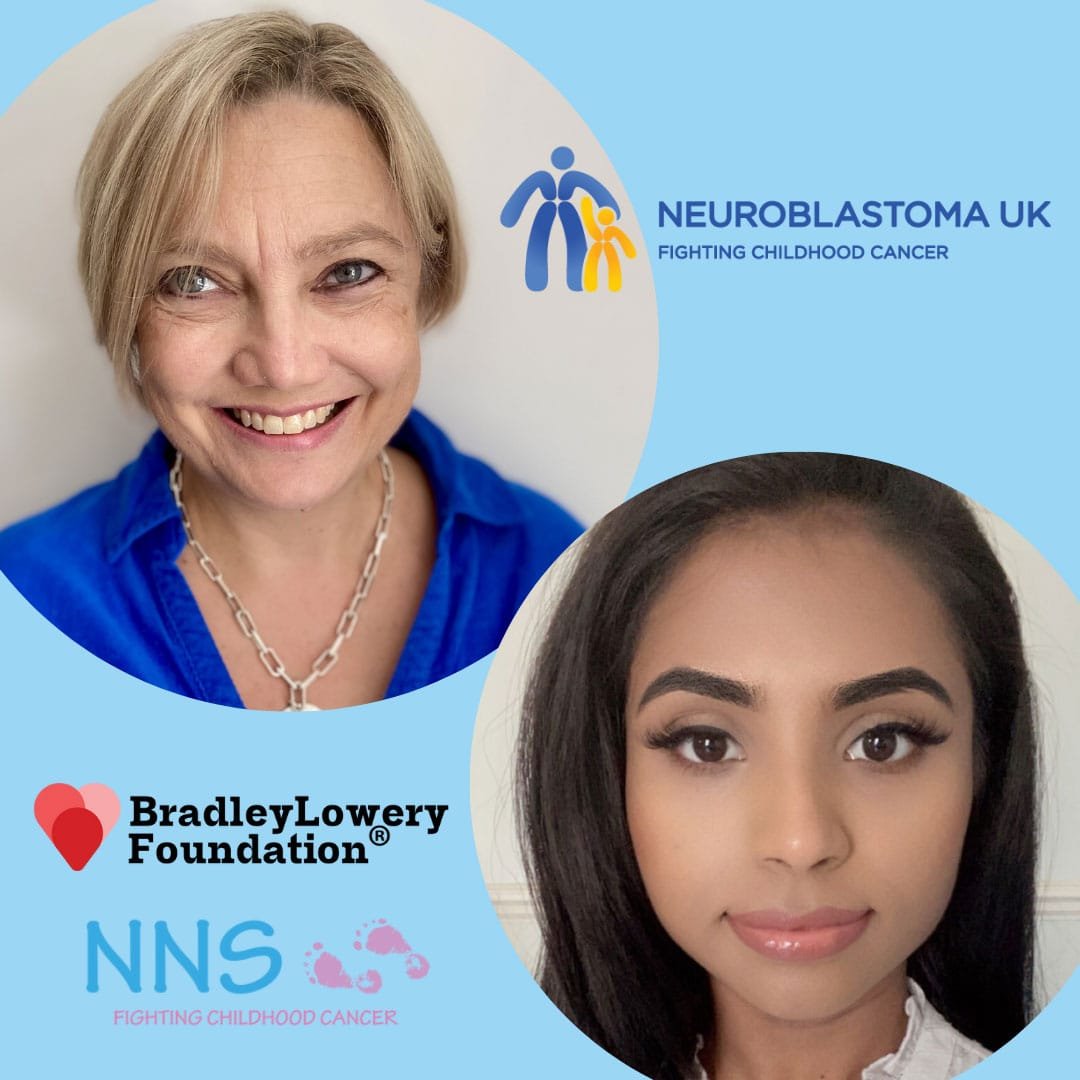Latest News, Grants & Research Reports
Read our latest news, blog posts and research updates right here

Neuroblastoma UK 2025 Innovation Grants
Neuroblastoma UK has awarded three Innovation Grants, formally known as Small Grants, in 2025 and late 2024 to support fresh, early-stage research that could pave the way for better treatments for children with neuroblastoma.

Researchers investigating mRNA Vaccine to treat Childhood Cancer
As part of Neuroblastoma UK’s 2024 Grant Round, Dr. Olga Piskareva, alongside an international team of researchers received £208,887 to conduct research into the mRNA vaccine.

New Project to Improve Availability of Scanning Drugs, Reduce Hospital Time and Improve Radiation Dosage for Children with Cancer
As part of Neuroblastoma UK’s 2024 Grant Round, Professor Steve Archibald and his team at King’s College London received £268,301 to conduct research into improving the availability of scanning drugs to optimise radiation dose administered in children with neuroblastoma.

Blood-tests for neuroblastoma clinical trials to guide next-generation cancer treatments.
In 2021, Neuroblastoma UK awarded £469,093 in research funding to an international team of leading clinician-scientists to explore how blood tests (biomarker testing) could be used in clinical trials to improve outcomes for children with neuroblastoma.

Neuroblastoma UK Awards £1.1 Million in 2024 Grant Round
Neuroblastoma UK is awarding £1.1 million in its 2024 grant round to fund new innovative research into neuroblastoma. New therapeutic approaches, pathways to improve existing treatments and exploration of an MRNA vaccine are just some of the projects to be funded in the 2024 grant round; with an emphasis on translational research which can be rapidly transferred from the lab bench to bedside.

Research partly funded by Neuroblastoma UK leads to an innovative stem cell model providing insight into childhood cancer origins
Researchers from the University of Sheffield and St. Anna Children’s Cancer Research Institute have created a model designed to investigate the origins of neuroblastoma, a cancer primarily affecting infants and young children. The findings offer hope for the creation of tailored treatments which treat aggressive neuroblastomas and minimise the adverse effects experienced by patients from existing therapies.

New research suggests potential combination therapy option for children with neuroblastoma to prevent resistance to treatment
New research published by Professor Suzanne Turner and led by Dr Perla Pucci in her group at the University of Cambridge Department of Pathology and CRUK Cambridge Centre Paediatric Cancer Programme, has suggested a new target for combination treatment of neuroblastoma and other cancers alongside ALK tyrosine kinase inhibitors (ALK TKI). Resistance to ALK TKI is a challenge and so additional targets for treatments that can be used in combination with ALK TKI are urgently needed.

The Power of Collaboration to Find a Cure…
In 2019, Neuroblastoma UK joined forces with childhood cancer charities The Bradley Lowery Foundation and Niamh's Next Step to support more vital research into neuroblastoma.
6th Neuroblastoma UK Research Symposium focuses on the biology of neuroblastoma, aiming for more effective and less toxic treatments for children
It was sold out two months in advance, so it was no surprise to see a packed auditorium at Selwyn College Cambridge for the 6th Neuroblastoma UK Research Symposium on 21st and 22nd March 2024. Over 130 scientists and clinicians attended from across Europe, US, and further afield, including world leading experts in pre-clinical and clinical neuroblastoma research.
Encouraging results from the study investigating the role of Enhancer of Zeste homolog 2 (EZH2) and Natural Killer cells in Neuroblastoma
In 2023, Dr Gao, working with Prof Juliet Gray and Dr Zoë Walters at the University of Southampton, aimed to determine the role of natural killer cell- mediated anti-tumour effects in neuroblastoma, after treatment with EZH2. The objectives of the study were to look at the correlation between EZH2 protein expression and the surface expression of natural killer ligands in neuroblastoma cells, and to determine if the natural killer cells induced cytotoxicity that could be enhanced in the neuroblastoma cell lines with EZH2 inhibitors.
